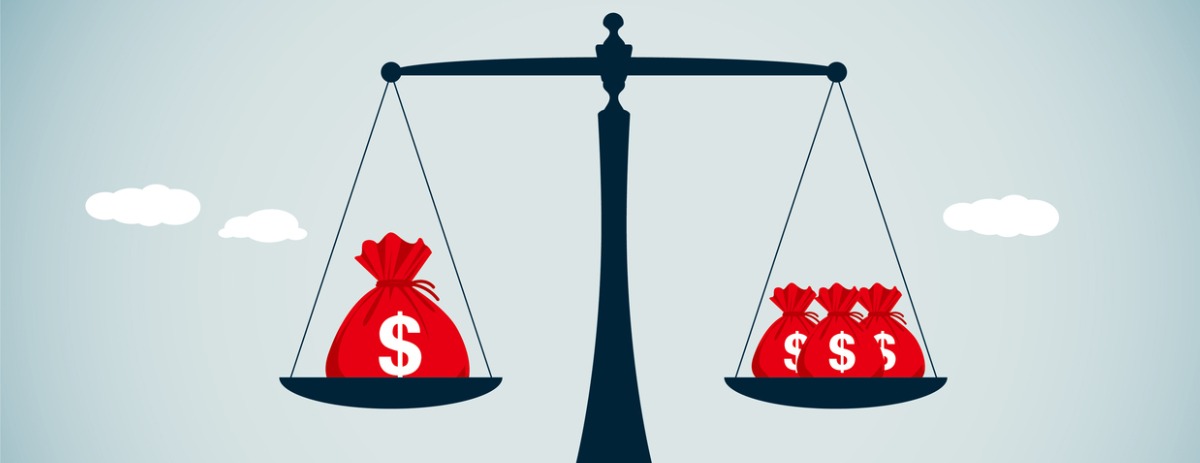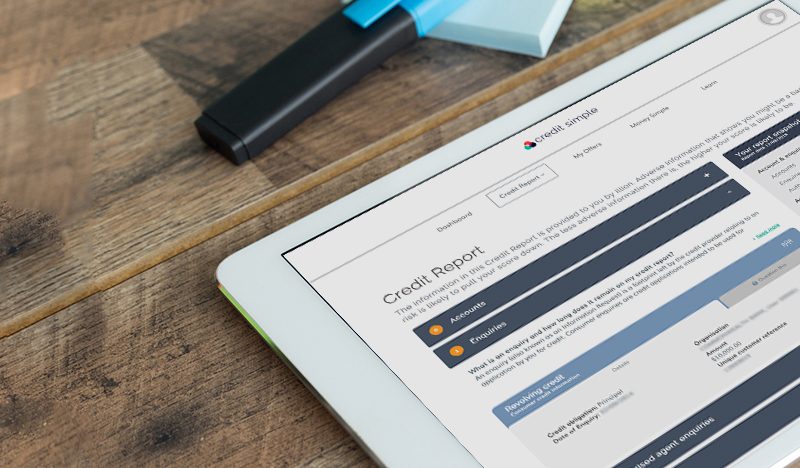Debt consolidation loan vs. balance transfer credit card – which one to choose?
When you consolidate your debt, you are essentially taking out one large loan and using that money to pay off two or more smaller debts.
The two major ways you can do this is by applying for a balance transfer (BT) credit card or taking out a debt consolidation loan.
This guide explores why you’d want to consolidate debt in the first place and then looks at your two options to help you determine which one is right for you.
Why would you want to consolidate debt?
Consolidating your debt offers several key benefits:
- It streamlines your paperwork and payments. With one loan instead of several, you don’t have to keep track of multiple bills, due dates and fee schedules.
- You could save on interest and fees. Consolidating gives you the opportunity to shop around for a loan offering better rates and fees than your current loans.
- You could get a special deal. Many balance transfer credit cards will offer you a temporary interest-free period on the amount you’ve transferred from other loans.
What options are available to consolidate debt?
The following sections describe your two main options for consolidating debt: balance transfer credit cards and debt consolidation loans.
A balance transfer credit card
Balance transfer credit cards are cards you can use to pay off your other debts in full and then continue to use it just like any other credit card. They often come with an introductory offer that lets you pay 0% interest rate on your “transfers” for a period of time.
Other than the introductory offer, interest rates on balance transfer credit cards tend to be higher than those on debt consolidation .
That means this option is best suited to someone who is consolidating relatively small loans and plans to pay them off quickly (i.e. during the 0% introductory period).
|
Note: Watch out for balance transfer fees. One card might offer a longer 0% introductory period but charge a balance transfer fee that would offset any extra savings. For example, the ANZ First Card offers an 18-month interest-free period but has a 2% BT fee, whereas the ANZ Low Rate Card offers a 15-month interest-free period with a 0% BT fee . Depending on how much you transfer, that extra 3 months might not be worth the extra fees. |
A debt consolidation loan
A debt consolidation loan is a personal loan where the lender gives you cash, which you’ll then use to pay off your other loans. Then you’ll pay off your new loan over a set timeframe you and the lender agreed to.
Unlike a credit card, there probably won’t be a promotional introductory interest rate. However, interest rates in general are lower on debt consolidation loans than credit cards. For example, a personal loan from Ratesetter can come with an interest rate as low as 5.95% p.a., which you’d be hard-pressed to find on a credit card.
These loans work best for someone who is consolidating larger debts and needs more time to pay them off. For example, Wisr offers loans of up to $50,000 you can use to consolidate other loans. Most balance transfer credit cards won’t let you transfer sums that large.
Balance transfer credit card and debt consolidation loans compared
Here is how the two options compare based on common factors like interest rates and fees.
| Balance transfer credit card | Debt consolidation loan | |
| Interest rates | Generally offer a lower introductory rate perfect for small loans you can pay off quickly. | Generally offer lower ongoing rates anywhere from 3.99%. However, those with lower credit scores can pay up to 43% p.a . |
| Ongoing rates are usually anywhere from 11.99% p.a. to 20.99% p.a. | These work better for larger loans that take longer to pay off and for people with lower credit scores. | |
| Fees | Anywhere from 0% to 5% of your transferred balance. | Generally no transfer fees, but you may incur an establishment fee of 1%-5% on the amount borrowed. |
| Loan term | Since you can keep a credit card open forever, there is no set timeframe to pay off your loan (although the 0% interest rate will revert to a higher interest rate after the promotion ends). | Anywhere from 1-7 years or more. |
| Impact on credit score | Requires a “hard pull” of your credit report, which will cause your score to dip temporarily. However, as you continue to make payments on time, your score should improve in the long run. | Requires a “hard pull” of your credit report, which will cause your score to dip temporarily. If it’s a quick cash/payday loan, your score may dip even more. However, your score can improve if you make your payments on time. |
| Perfect for: | – Someone with relatively small loans to consolidate – Someone who is after a new credit card anyway – Someone who diligently avoids interest by paying their balance off before interest accrues |
– Someone with larger loans to consolidate and who needs more time to pay them off – Someone who usually carries a balance and therefore needs a lower ongoing interest rate – Someone with a lower credit score and who isn’t eligible for a credit card |
Pros and cons of each
Here are the pros and cons of each option.
| Pros | Cons | |
| Balance transfer credit card | You could end up paying 0% on your entire debt | You could see interest rates as high as 21% p.a. after the 0% balance transfer promotion ends |
| You can use the card for ongoing additional purchases | There’s no deadline to pay off the loan, so you could end up paying on it for longer than you intended | |
| Your card may come with other rewards and perks like the Qantas points you can earn with the Qantas American Express Ultimate Card or free delivery on David Jones purchases with the David Jones American Express Card . | The ability to make ongoing purchases means you can allow your debt to snowball | |
| Pros | Cons | |
| Debt consolidation loan | Usually a lower interest rate than a credit card after the card’s balance transfer promotion ends | You won’t get a 0% introductory offer on the debts you consolidate |
| A defined loan term with regular repayments gives you a clear time-frame by which to pay off your loan | You may not be able to pay your loan off early without a penalty | |
| You can consolidate all types of other loans including credit cards, car loans, department store cards and more |
Bottom line
Both of these options will meet the needs of most people looking to consolidate their loans. Both should do the job for small to medium-size loans, and the debt consolidation loan can handle debts that are a little larger.
The information in this blog post is general in nature and does not constitute personal financial or professional advice. It is not intended to address the circumstances of any particular individual. We do not guarantee the accuracy and completeness of the information and you should not rely on it. Before making any decisions, it is important for you to consider your personal situation, make independent enquiries and seek appropriate tax, legal and other professional advice.
Credit Simple
Credit Simple gives all Australians free access to their credit score, as well as their detailed credit report. See how your credit score compares by age, gender and community and gain valuable insights into what it all means.
All stories by: Credit Simple


